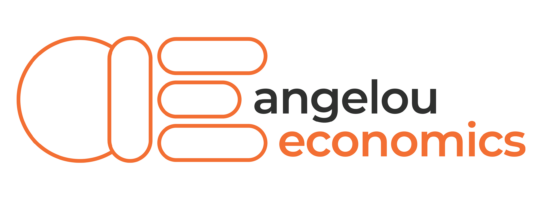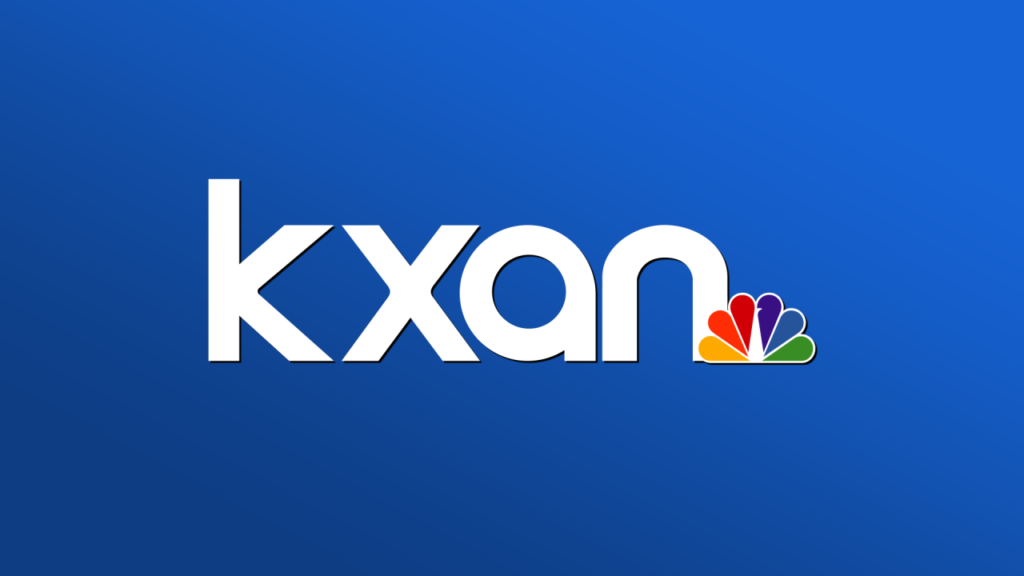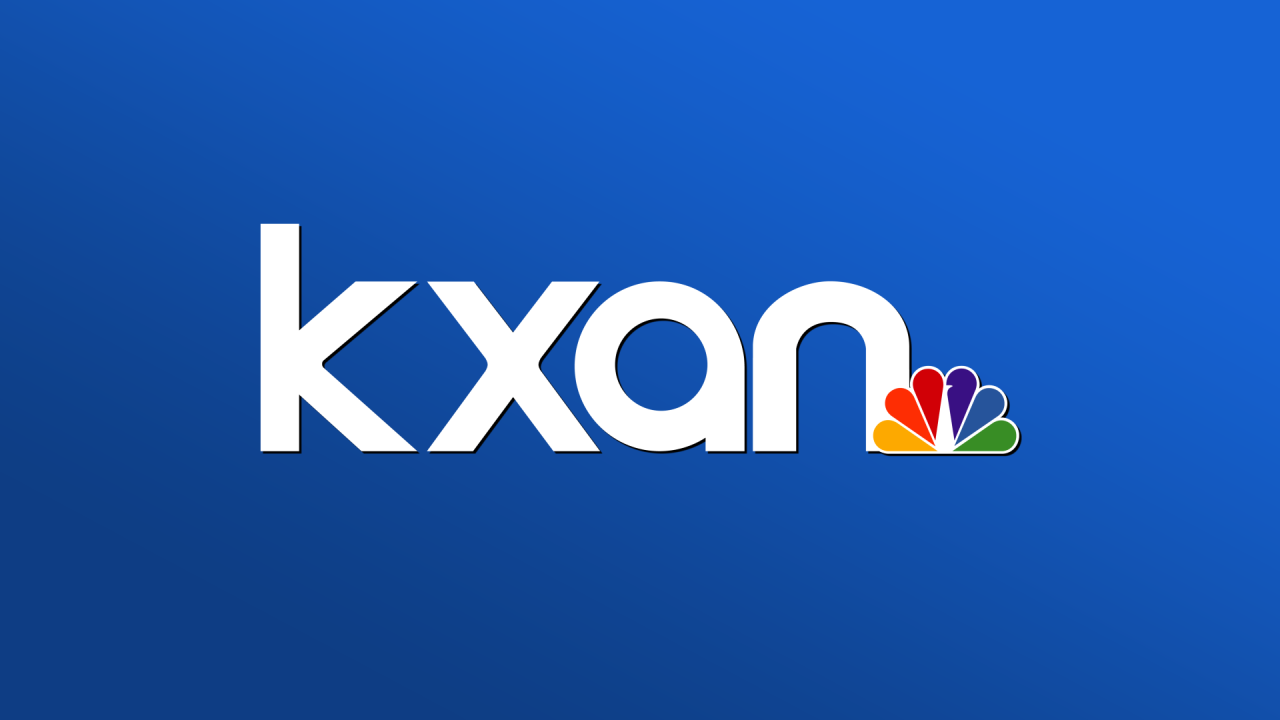By Tim Shea
Special Contributor
Taking the stage for his first (official) State of the Union address, President Trump resumed his attack on one of the most pilloried segments of American commerce: Big Pharma. The comments were certainly a crowd pleaser, and had enough bite to at least temporarily rattle drug stocks. But is change really in the works? After all, pharmaceutical prices were a common target on the 2016 campaign trail too, yet, more than a year later, no significant Federal action has been taken on the matter. The cynical truth is that this is likely just the latest round of ineffectual government bluster against a chronically overpriced U.S. healthcare industry. The market certainly thinks so.
It might be this toothlessness in regards to healthcare costs—the constant cycle of reform and skyrocketing premiums—that has finally prompted the private sector to step up to the plate. And make no mistake, it’s stepping up in a big way. Like Amazon, JPMorgan Chase, Berkshire Hathaway big. With Tuesday’s announcement that these three capitalist giants would be joining forces, the omens for a massive shakeup of the U.S. health insurance market are definitely there. What specific form that shakeup will take, however, remains to be seen.
The motivations of Bezos and Co. are fairly self-evident; healthcare costs have been a drain on American businesses for decades now. Or, as Berkshire Hathaway’s Warren Buffet more eloquently put it, “The ballooning costs of (health care) act as a hungry tapeworm on the American economy.” Well said indeed. And he’s not wrong. Health insurance premiums account for nearly 10 percent of total employee compensation, a share that has only increased over time. Even the relatively modest 3-4 percent premium hikes observed over the past several years still significantly outstrip price inflation in the broader economy.
So yes, employers have a lot to gain from wrangling-in premiums, but the same could also very well be true for their employees. There is a non-trivial body of evidence that the seemingly perpetual stagnation of American workers’ wages has less to do with stingy bosses than the ballooning costs of fringe-and-mandated benefits. Chief among those costs? You guessed it: health care. It is therefore entirely possible that revamping the U.S. health insurance market would enable workers to negotiate some of the resulting windfalls back into their own pockets.
In a sense, this has been a long time coming. The current structure of the U.S. health insurance industry can be traced back more than 70 years to Federal policies during World War II, as can the rampant market failures that come with such a heavy emphasis on third-party buyers. This market structure—dominated by employer-sponsored plans—has not changed meaningfully since. Perhaps, with some of America’s largest employers getting into the game, the private sector will finally succeed where the Federal government has failed; the devil will be in the details of their new initiative. Regardless, this is a development that we will be following very closely in the coming months.














